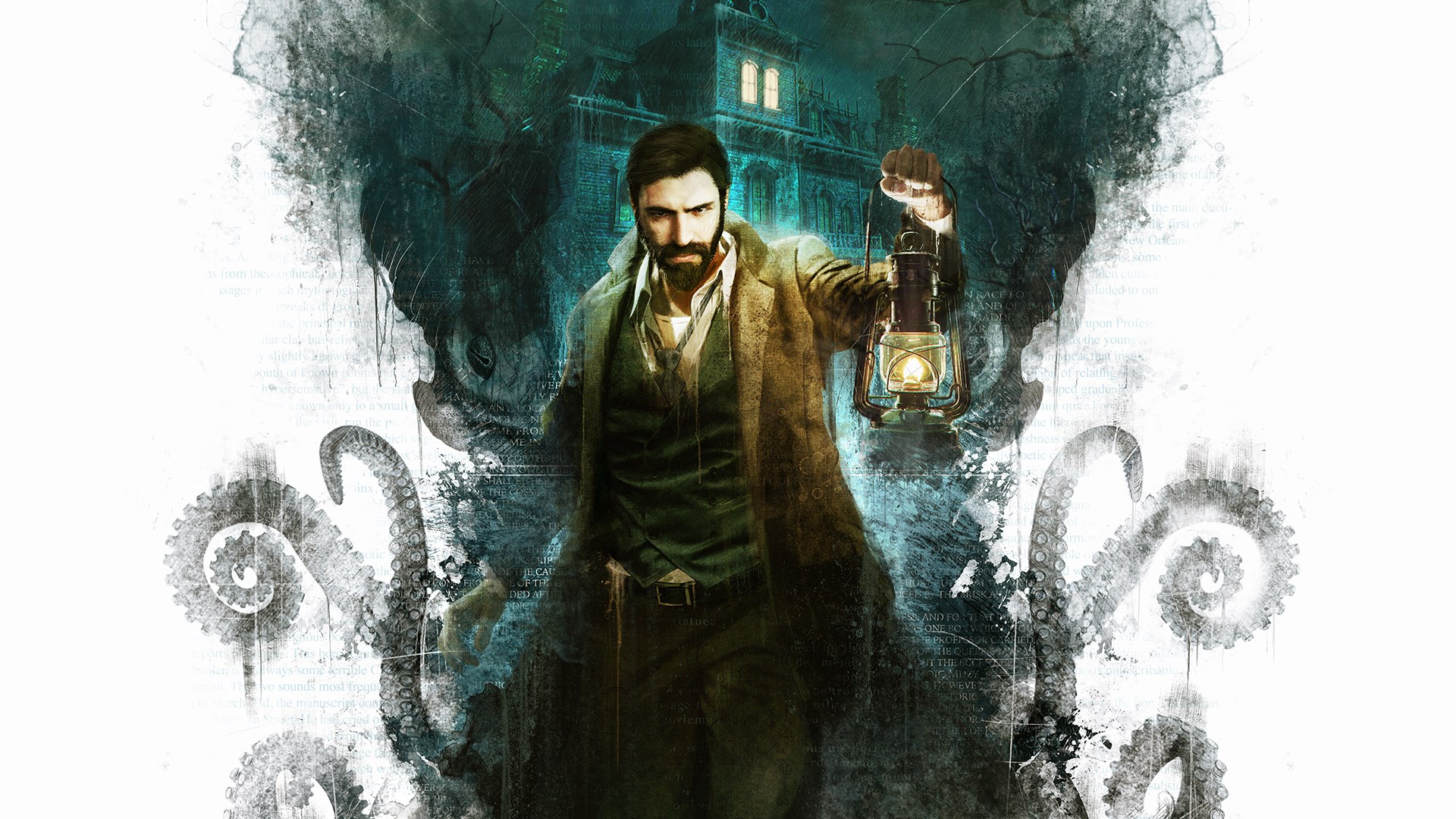Call of Cthulhu gives you clues as to how the game has developed through the menu system, and as soon as you start the game you find yourself in a big nightmare. In the game in 1924, we run a special detective called Pierce. Pierce, who spends the worst period of his life, swims in the debt swamp, naturally embraces a mysterious job offer that comes to him, and sails on the island of Darkwater off Boston to explore the tragedy that the Hawkins family has gone through.
Call of Cthulhu as the name suggests H.P. A production inspired by Lovecraft’s Cthulhu theme. Cthulhu, also known as the Supreme Ancients, is already located at the center of the game. Throughout the game, you are confronted with this theme and, of course, with references to many events in this iconic universe. Even as in the table top games, it is based on an order in the game and you feel that you are part of this order at every moment of Call of Cthulhu. While this situation frees you in some moments, it also puts the game into a big dilemma at some moments.


In the center of Call of Cthulhu lies the research dynamics. Therefore, if you are crowded, you can speak with the locals around to get information. This conversation is a lot of choice, as in RPG games, and you get a lot of information on the part of the story. The RPG dynamics are not only reflected in the dialogue but also in the analysis of the work. For example, you can unlock extra dialogues with your scoring. When the business moves to solve the event, the next stage, the dynamics of the game remain a little old. Especially the transitions in the town part or the dynamics of hiding in the mental hospital test your patience. Perhaps these dynamics we encountered 10 years ago may cause you to get tired of the game. Fortunately, when you move to the manor house, the game begins to roll itself together and the story drifts to a more interesting side.
As I said at the beginning, Call of Cthulhu is a construction where research dynamics come to the fore. In this context, an intuition mode is also included in the game. Once you have an event you need to solve, it enters the intuition mode and you are painting it again. In intuition mode you find the missing parts of the event together with the clues you found. This works fine, but you usually have to find all the clues respectively. This operation is quite necessary in some moments when the plot needs to be adhered, but in some cases, it can become annoying.
You have to make choices at some moments in the production. But there are very old dynamics in these parts. You cannot even see that these choices are interrupted in the game because pre-prepared intermediate scenes are used in the game. For example, at the beginning of the game you can choose whether or not a police officer will accompany you when going to the mansion. You have chosen the police officer to come with you in order not to walk alone in this husband’s and the gloomy mansion. When you enter the mansion, you notice that the police do not appear in the pre-prepared casemates, even though the police are with you immediately. If you do not choose it anyway, you need to intervene in the event in the following moments. Because the police officer who does not appear in the cinematic when we are free to walk, the next part of the event can be included in the event.
Let’s talk a little bit about the atmosphere of the game, because it’s probably my favorite part of Call of Cthulhu. In the visual sense, the game is not very ambitious; however, you realize that the phenomenon of the atmosphere has an incredible effect on the visual direction. The designs, sculptures and facts about this myth have made a great contribution to the game. In particular, I want to open a separate parenthesis to the tables you encounter in the game. These paintings that are prepared with watercolor really shudder inside the human. Perhaps the paintings you will not see, even the paintings that you will not look at are carefully prepared. The last portrait of Vigo in the latest Ghostbusters 2 film made me so chilling. When you were already alone, the gas was the gas of the gas lamp; you can say that the game was a creepy sound.
As a result, Call of Cthulhu manages to make the players wonder with its atmosphere and story. Intuition dynamics, the places where the game is past, and the curiosity of the story are well processed. When we go into the dynamics of gameplay, it is a low budget and feels much more old.
 Free Chrome New Tab Extensions Chrome New Tab serves free extensions for the Google Chrome web browser. Customize your browser's new tab page and display different wallpapers each run.
Free Chrome New Tab Extensions Chrome New Tab serves free extensions for the Google Chrome web browser. Customize your browser's new tab page and display different wallpapers each run.



